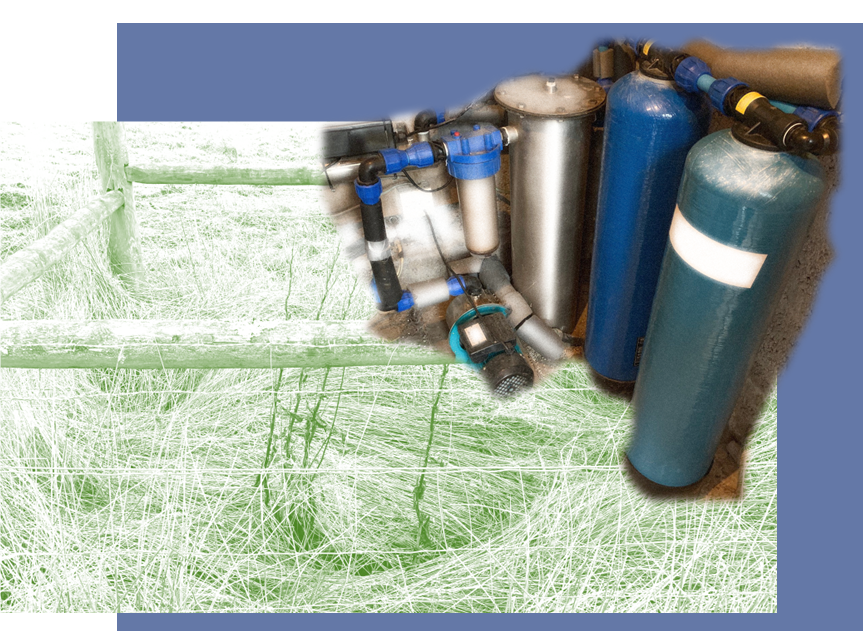
Water Security and Private Water Supplies

Scotland’s water security is affected by the changing climate and the adopted mitigation and adaptation strategies, requiring the transformation of the provision of water. In many rural communities, this responsibility relies not only on Scottish Water and the broader water sector but critically on the owners and users of private water supplies, whose access to water might be challenged in specific ways.
Over the 3% of the Scottish population (around 185,850 people), and a significant number of visitors, rely on private water supplies, sourced by springs, boreholes or surface water. Connection to the mains supply provided by Scottish Water is not always possible, and when possible, charges can be prohibitive.
Private Water Supplies are vulnerable to a range of scarcity, quality and reliability risks, which are exacerbated by climate change, impacting the wellbeing of their users and the communities where they live.
For example, during a dry spells - events expected to happen more often, according to climate projections-, hundreds of private water supplies have run dry during the last few years. Yet many households using these supplies don’t have a contingency plan for if. And there are also issues around chemicals and contaminants from agricultural run off to silting in dry periods, that could pose serious health risks.
When we’re considering access to water, we need to think about all of these different elements, from well being to where we come from, geographic dynamics, including local impacts of climate change, and how different ways of governing and managing water, including private and public, might have on access to water.
During the last few years, a social sciences team at The James Hutton Institute has been working on enhancing the understanding of water security-related challenges and opportunities in rural Scotland with particular attention to social aspects of vulnerability and risk.
Resources:
Presentation "Water insecurities in unexpected places: experiences of Private Water Supply (PWS) users in rural Scotland"
Blog "The digital footprint of #StormArwen and the disruption of water supplies"
Contribution: Diana Valero and Keith Marshall, The James Hutton Institute
